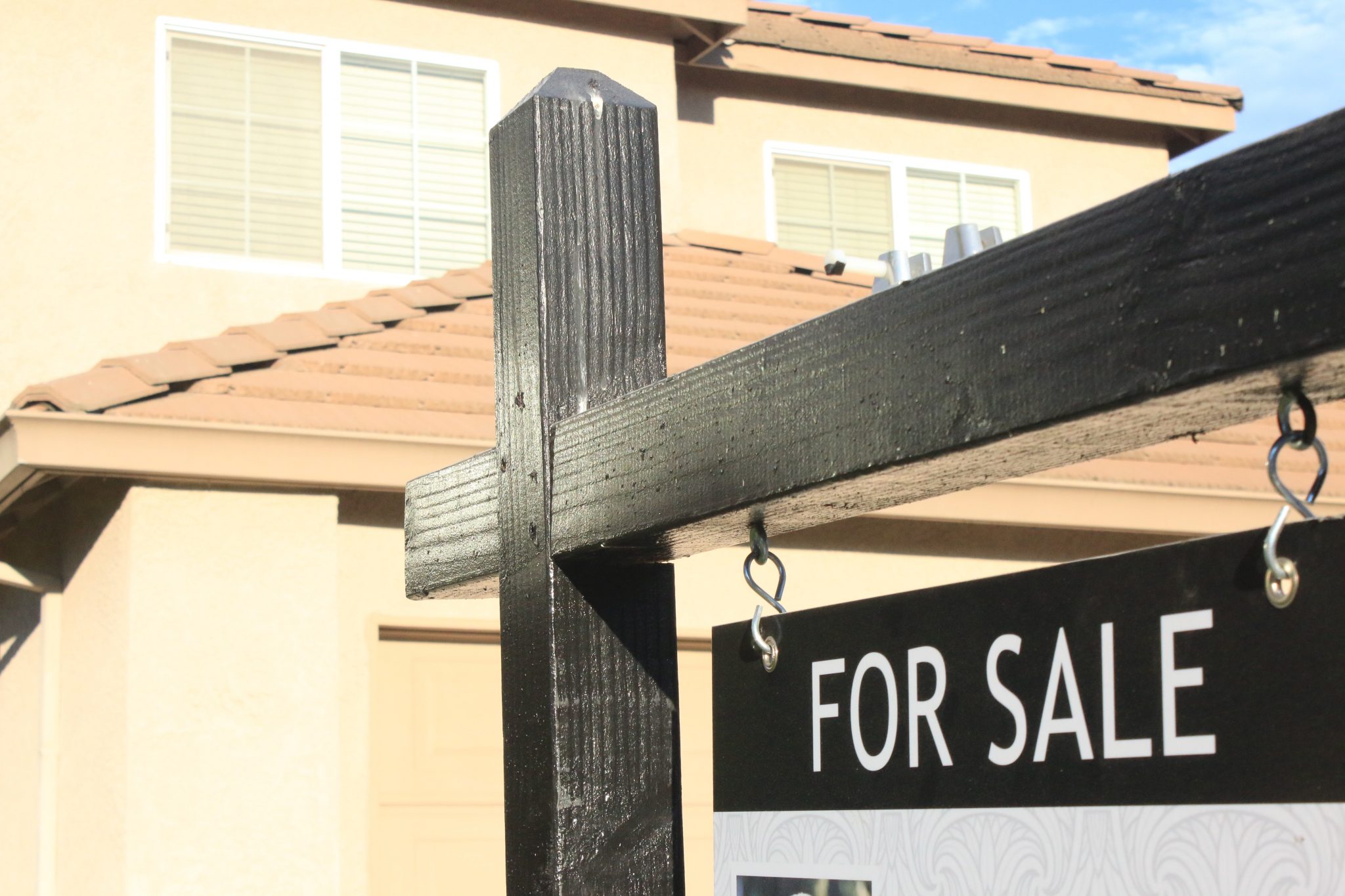In today’s fast-paced real estate market, more and more landlords opt to manage their properties themselves. The allure of saving money on property management fees and having complete control over their investment is tempting. However, beneath the surface of this DIY approach holds a host of potential risks and challenges that can lead to financial strain, legal troubles, and significant stress. If you’re a landlord considering managing your property independently, it’s essential to be aware of the hidden dangers of this responsibility.
Legal Pitfalls and Compliance Issues
One of DIY landlords’ biggest challenges is staying compliant with ever-changing local, state, and federal laws. The rental industry is heavily regulated, with laws governing tenant rights, eviction procedures, security deposits, rent control, and more. Missing just one legal requirement could land you in hot water and expose you to lawsuits, fines, and even the potential loss of your property.
For instance, laws surrounding tenant eviction vary from state to state. Mishandling an eviction, failing to follow the correct procedure, or violating a tenant’s rights can result in delays, penalties, or even a legal suit for wrongful eviction. Many landlords, unfamiliar with these legal nuances, may unknowingly make mistakes that result in costly and time-consuming legal battles.
Tenant Screening and Risk of Bad Tenants
Finding good tenants is often cited as one of the most challenging factors of property management. DIY landlords may need more experience, resources, or systems to screen tenants properly. Inadequate screening processes can lead to renting to tenants who need to be on time with rent, maintain the property, or even damage it. A bad tenant can create significant headaches, costing you time, money, and peace of mind.
Professional property managers are skilled in tenant screening, performing background checks, credit checks, and verifying employment and rental history. These essential safeguards are necessary for DIY landlords to be able to rent to unreliable tenants who could ultimately tarnish the profitability of their investment.
Time and Stress of Day-to-Day Operations
Managing a rental property involves much more than just collecting rent. From handling maintenance requests and emergency repairs to ensuring timely rent payments, managing tenants, and addressing complaints, a lot of work is involved in keeping a property running smoothly. The responsibilities can be overwhelming, mainly if you have multiple properties or live far from the rental.
DIY landlords may find themselves juggling full-time jobs, family obligations, and the constant demands of their rental properties. These responsibilities can pile up without professional management, leading to stress and burnout. If things go unchecked, neglected maintenance issues or missed payments could escalate into larger problems, costing you more in the long run.
Maintenance and Repair Challenges
Property maintenance is one of the most time-consuming and costly factors of managing a rental property. While minor issues like a leaky faucet may seem easy to handle, larger repairs such as plumbing issues, electrical problems, or HVAC breakdowns require specialized knowledge and experience. DIY landlords might drawn to handle these issues themselves, but improper repairs can lead to bigger, more expensive problems down the road.
Furthermore, lords might need help finding reliable and cost-effective services to establish relationships with trusted contractors. On the other hand, property managers typically have established networks of vetted professionals they can call on to handle repairs promptly and efficiently, ensuring the property remains in proper condition and tenants remain happy.
Accounting and Financial Management
Handling the finances of a rental property can be more complex than simply collecting rent payments. Various expenses must be tracked, including property taxes, maintenance costs, insurance premiums, and mortgage payments. DIY landlords are responsible for maintaining accurate financial records and ensuring everything is up-to-date for tax purposes.
Maintaining proper accounting records can lead to missed deductions, tax penalties, or audits. Professional property managers often handle the financial side of things, making sure rent is collected on time, payments are tracked, and tax filings are completed accurately. For DIY landlords, paying attention to these aspects can result in financial mismanagement and missed opportunities for maximizing returns on investment.
Handling Conflict and Disputes
Disagreements between landlords and tenants are inevitable, whether over repairs, late payments, or property damage. When you manage your property, you are directly involved in these disputes, which can sometimes escalate quickly. Dealing with difficult tenants or conflict can be emotionally draining and lead to tension between you and your renters.
A professional property manager acts as a neutral third party, handling disputes to minimize emotional involvement and ensure a resolution that aligns with legal guidelines. Without this buffer, DIY landlords may find themselves in contentious situations, risking damage to the landlord-tenant relationship and potential legal consequences.
Higher Risk of Vacancy and Financial Loss
Vacancy periods are inevitable for rental properties, but a DIY landlord may need help to fill empty units quickly. Without access to marketing resources, expertise in pricing strategies, or knowledge of local rental trends, it can take longer to find tenants. Prolonged vacancies mean lost income, which can strain your finances, especially if you have mortgage payments or other expenses to cover.
Professional property managers have marketing tools, networks, and strategies to keep vacancies minimal. They can also offer advice on competitive pricing and market trends to help attract tenants more quickly and reduce financial losses due to vacancies.
Lack of Emotional Detachment
Being a DIY landlord can be emotionally taxing. The financial success of your rental properties may be tied to your wealth, leading you to take every issue personally. The pressure to protect your investment and respond to tenants’ complaints can cloud your judgment and lead to poor decision-making.
Conclusion
While DIY property management may seem cost-effective, the hidden dangers can far outweigh the benefits, from legal pitfalls and tenant disputes to time management issues and costly maintenance; handling everything on your own can create a significant burden. By dealing with a professional property management company, landlords can avoid these risks, save time, and protect their investments. After all, the goal is to maximize the return on your property investment, not expose yourself to unnecessary risks and challenges. Before diving into the DIY property management world, take a step back and carefully consider whether it’s the right choice for you.
Frequently Asked Questions
What are the key legal responsibilities a DIY landlord must be aware of?
As a DIY landlord, staying compliant with the law is crucial to avoid costly fines or legal disputes. Here are some key legal responsibilities to be aware of:
- Fair Housing Laws: Landlords must comply with the Fair Housing Act, which prohibits discrimination based on race, color, sex, national origin, disability, or family status. Some states and municipalities also have extra protections, such as against discrimination based on sexual orientation or marital status.
- Lease Agreements: It’s crucial to have a legally binding lease agreement that determines the terms and conditions of the tenancy. This includes rent amount, payment due dates, maintenance responsibilities, and dispute resolution procedures.
- Tenant Rights and Evictions: Understanding tenants’ rights is essential, including their right to privacy, security deposit regulations, and the proper procedure for eviction. Failure to follow the correct eviction process can result in legal action and delays.
- Health and Safety Codes: Landlords must ensure their properties comply with local health and safety codes. This includes guaranteeing that the property is free from hazards like mold, lead paint (in older homes), and fire safety risks, as well as maintaining working plumbing, electrical systems, and heating.
- Rent Control Laws: Some regions impose rent control laws that limit the amount of rent that can be raised and the conditions under which a tenant can be evicted. DIY landlords must research these regulations to ensure compliance.
Given the complexity of these laws, DIY landlords should regularly consult with legal professionals to avoid mistakes that could result in fines or lawsuits.
How can I effectively screen tenants to avoid bad ones?
Screening tenants is one of the most critical aspects of property management. The goal is to identify responsible tenants who will pay rent on time, respect the property, and follow the lease terms. Here are steps to effectively screen tenants:
- Application Form: Start with a detailed rental application form that asks for personal details, rental history, employment information, and references. This will give you insight into the applicant’s background and qualifications.
- Credit Check: A credit report can reveal a tenant’s financial history, including their ability to pay bills, past debts, and credit score. Search for tenants with a solid credit score (typically above 600) as a sign of financial responsibility.
- Background Check: Do a criminal background check to identify prior criminal convictions. Be sure to check whether the applicant has any history of violent crime, drug use, or theft. Be aware of local regulations regarding the use of criminal records in tenant screening.
- Rental History: Contact previous landlords to verify the applicant’s rental history. Ask questions like: Did the tenant pay rent on time? Did they cause any property damage? Were they respectful and easy to communicate with?
- Income Verification: Verify the applicant’s income to ensure they can afford the rent. A general tip is that a tenant’s monthly income should be at least three times the rent amount. Request recent pay stubs, bank statements, or other proof of income.
- References: Ask for personal references from people who speak to the applicant’s character. These can provide additional insight into the applicant’s reliability and behavior.












